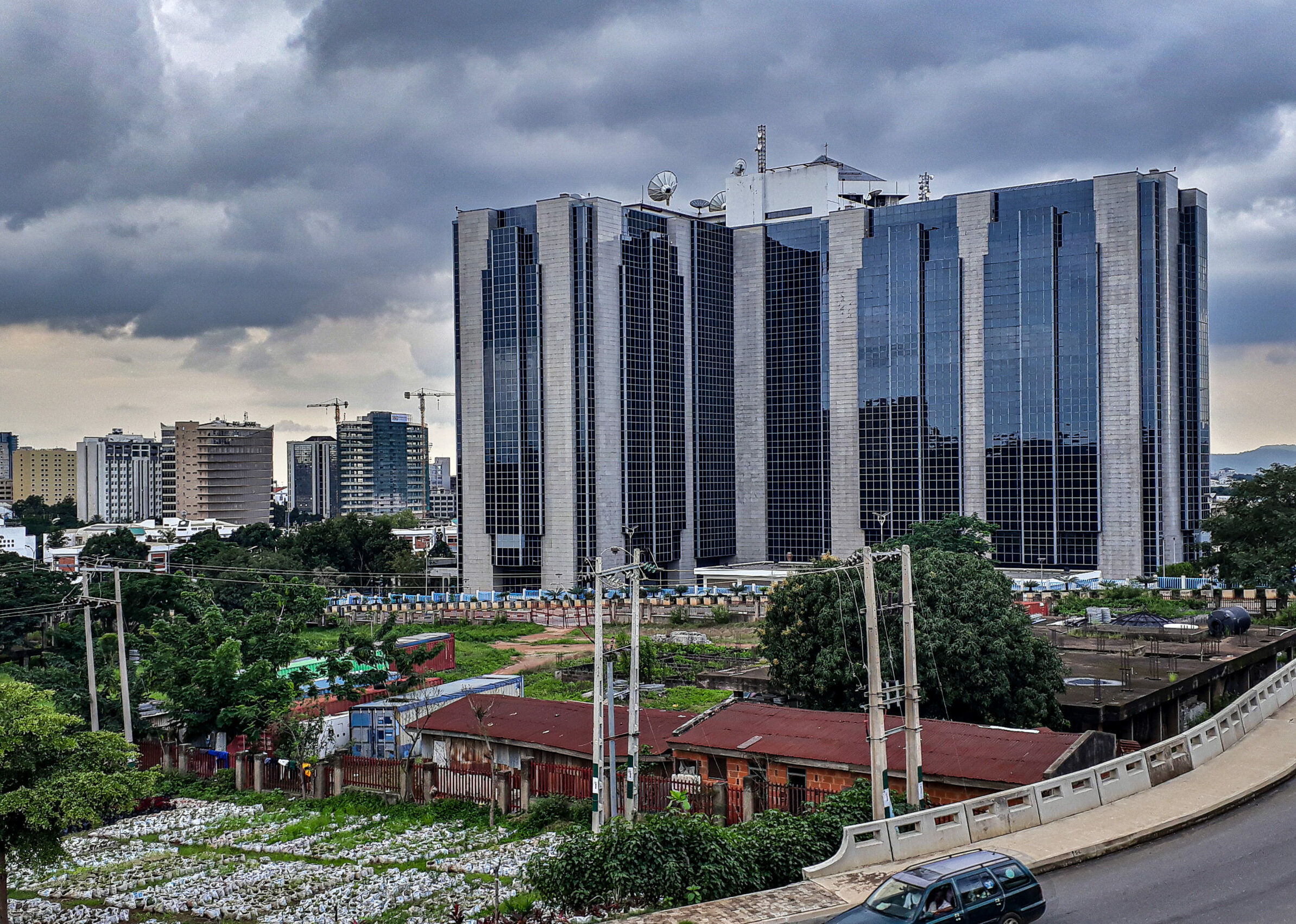The deadly incident claimed 17 lives, with the death toll rising to 25 in the days that followed due to severe burn injuries sustained by several worshippers. ArticlesRead More
A TRIBUTE TO MAJOR GENERAL NICK AGBOGUN (RETIRED) AND HIS WIFE MRS. STELLA AGBOGUN
A TRIBUTE TO MAJOR GENERAL NICK AGBOGUN (RETIRED) AND HIS WIFE MRS. STELLA AGBOGUN
BDR. EBENEZER ONYEAGWU
When a General who once commanded the roar of battle finally lays down his sword, it is not defeat it is fulfilment. For years, he fought gallantly, served his nation with unwavering loyalty, and carried the weight of leadership with courage and grace. Yet, two decades after retiring from active service, he did not fall on the battlefield, nor in the fury of conflict. Instead, he departed this world in the stillness of sleep peacefully, honourably, and as though carried gently by the same divine hand that had guided his steps through life. In that quiet passing, there is symbolism: the warrior who once faced fire and fury now rests in calm, having won the truest victory of all a life well-lived and a legacy that will echo far beyond his years. And when, in less than two weeks, his loving and devoted wife followed him on that eternal journey, it affirmed the beauty of their inseparable bond a love story so profound that not even time could keep them apart.
The passing of General Nick Agbogun on 19th September 2025 and his beloved wife, Stella, barely two weeks later on 1st October 2025, leaves a void that words can scarcely fill. Yet even in our grief, we take comfort in celebrating two extraordinary lives – lived with honour, humility, and enduring love. Their passing, so close together, reflects the depth of their bond and the beauty of a love that truly endured to the end.
General Nick Agbogun was a man of discipline, conviction, and grace. His military career was a story of excellence, dedication, and integrity. Through hard work and merit, he rose to the distinguished rank of Major General, earning the admiration of his colleagues and the respect of all who knew him. A true officer and gentleman, he lived by principle, led by example, and inspired by character. His calm authority and wisdom left an indelible mark wherever he served.
By his side stood his beloved wife, Mrs. Stella Agbogun – gracious, compassionate, and unwavering in her devotion. She was the gentle strength behind the General’s steady presence, the heart of their home, and a woman whose kindness and grace touched countless lives. She also had a distinguished professional nursing career spanning over 35 years, marked by excellence, compassion, and service to humanity. Beyond her professional accomplishments, she was a committed Lion and served with honour as District Governor of Lions Clubs International, District 404B, during the 2012-2013 Lions year. Through service, leadership, and empathy, she embodied the values of care, community, and humanity. Together, they lived out a partnership rooted in love, faith, and a shared devotion to service.
Even in retirement, General Agbogun’s devotion to service did not wane. He remained deeply involved in community life and at one point served as President-General of the Agbor Community Union, where his leadership, wisdom, and sense of unity were evident. Through that role, he continued to champion initiatives that promoted peace, progress, and the preservation of Agbor’s heritage.
Remarkably, just a day before his passing, General Agbogun participated in a virtual meeting of one of the Committees on Cultural Renaissance established by Our Royal Majesty, HRM Dein Kiagborekuzi I. Even in his final hours, he remained engaged in service – committed to preserving our cultural values and advancing the good of our people.
I remember with deep affection my last conversation with General Agbogun during the Easter period a few months ago. We spoke about the challenges in our community and shared thoughts on how to drive meaningful change. His insights were profound, his concern for Agbor sincere, and his hope for progress unwavering.
General Agbogun and his peers including our revered and globally acclaimed Godfather of modern banking in Africa, Jim Ovia; Professor Enwemeka; Professor Leonard Obika; Sir Steve Omojafor; Bath Ibegbulem; Maria Adaigbe; Vincent Ebuh; the Late Sunny Egun; the Late Pat Morgan; the Late Pat Ojei; Frank Harding Agoh; Jeff Efeyini; and others were role models for us within Ime-Obi (the heart of the Agbor Kingdom). Their collective achievements and commitment to excellence gave my generation hope and a sense of direction. They made education not just desirable but honourable, and they became a yardstick for measuring ambition, purpose, and progress.
During the period of the Nigerian civil war, I was fascinated by the disciplined conduct and patriotism of the Nigerian army. Subsequently, seeing General Agbogun visit home after his commission in the ’70s in military Land Rovers and a retinue of soldiers fired my ambition to join the military. Through the guidance and support of Colonel Peter Nmoye (Retired), who was then a Captain, I enrolled for the very competitive entrance examination of the Nigerian Defence Academy (33rd Regular Course) in 1982 and passed at first sitting. Although I was not successful at the final selection board screening, the desire to follow in the footsteps of General Agbogun became one of the defining moments of my youth a lesson in perseverance, discipline, and the pursuit of excellence.
In April 2016, I presided as Chairman of Fidel’s (their first son) wedding reception. My immediate reaction when he asked me to take up the role was that I felt too young for such a responsibility, given the age difference between us and his vast network of distinguished friends and colleagues as a retired General. In his characteristic wisdom, he smiled and said, “Age notwithstanding, when one becomes a responsible adult, it automatically attracts leadership roles.” Those words, simple yet profound, have stayed with me ever since.
To Fidel and siblings: Losing both your father and mother within such a short span is indeed a heavy and painful cross to bear. Yet, in the mystery of it all, there lies a profound beauty the genuine love and inseparable bond they shared throughout their lives. They walked hand in hand through life’s journey, and in God’s divine plan, they have journeyed together into eternity – united forever in love, peace, and glory.
They leave behind a lasting legacy children and grandchildren who embody their values of discipline, compassion, faith, and service. Their memory will forever remain a blessing, and their example will continue to inspire generations to come.
Soldiers say that a true officer never truly dies he simply reports to a higher command. General Agbogun has answered that final call, and his wife Stella marched right behind him. Their duty is complete, their honour intact, and their legacy forever secured.
- DR. EBENEZER ONYEAGWU
BDR. EBENEZER ONYEAGWU When a General who once commanded the roar of battle finally lays down his sword, it is not defeat it is fulfilment. For years, he fought gallantly,
Read more



